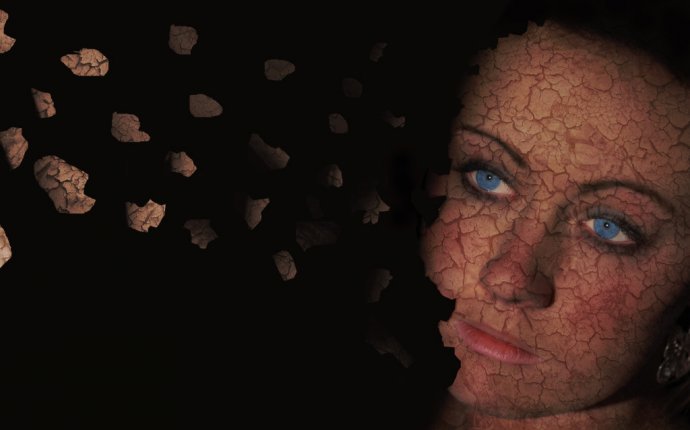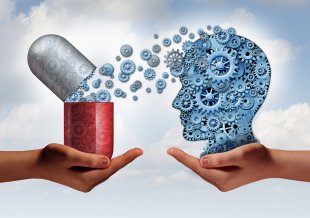
Causes of the Disorder
 The cause of bipolar disorder is not entirely known. Genetic, neurochemical and environmental factors probably interact at many different levels to play a role in the onset and progression of bipolar disorder. The current thinking is that this is a predominantly neurobiological disorder that occurs in a specific part of the brain and is due to a malfunction of certain brain chemicals (that occur both in the brain and the body). Three specific brain chemicals have been implicated — serotonin, dopamine and noradrenaline. As a neurobiological disorder, it may lie dormant and be activated spontaneously or it may be triggered by stressors in life.
The cause of bipolar disorder is not entirely known. Genetic, neurochemical and environmental factors probably interact at many different levels to play a role in the onset and progression of bipolar disorder. The current thinking is that this is a predominantly neurobiological disorder that occurs in a specific part of the brain and is due to a malfunction of certain brain chemicals (that occur both in the brain and the body). Three specific brain chemicals have been implicated — serotonin, dopamine and noradrenaline. As a neurobiological disorder, it may lie dormant and be activated spontaneously or it may be triggered by stressors in life.
Although no one is quite sure about the exact causes of bipolar disorder, researchers have found these important clues:
Genetic factors in Bipolar Disorder
Because it appears bipolar disorder can run in families, there appears to be at least some kind of genetic factors at play. About half the people with bipolar disorder have a family member with a mood disorder, such as depression.
If one parent has bipolar disorder, there is a 10 to 15 percent greater chance of their child developing this condition. The risk in a child jumps to a 30 to 40 percent chance if both parents have bipolar disorder.
Research conducted on identical twins shows that if one twin is diagnosed with bipolar disorder, it ups the risk between 40 and 70 percent for the other twin to also be diagnosed.
Studies of adopted twins (where a child whose biological parent had the illness and is raised in an adoptive family untouched by the illness) has helped researchers learn more about the genetic causes versus environmental and life events causes.
While all of this data is intriguing, it is not conclusive of bipolar disorder’s genetic roots. More research is needed to better understand the genetic factors at play for this condition.
Neurochemical Factors in Bipolar Disorder
Bipolar disorder is primarily a biological disorder that occurs in a specific area of the brain and is due to the dysfunction of certain neurotransmitters, or chemical messengers, in the brain. These chemicals may involve neurotransmitters like norepinephrine, serotonin and probably many others. As a biological disorder, it may lie dormant and be activated on its own or it may be triggered by external factors such as psychological stress and social circumstances.
Environmental Factors in Bipolar Disorder
- A life event may trigger a mood episode in a person with a genetic disposition for bipolar disorder.
- Even without clear genetic factors, altered health habits, alcohol or drug abuse, or hormonal problems can trigger an episode.
- Among those at risk for the illness, bipolar disorder is appearing at increasingly early ages. This apparent increase in earlier occurrences may be due to under-diagnosis of the disorder in the past. This change in the age of onset may be a result of social and environmental factors that are not yet understood.
- Although substance abuse is not considered a cause of bipolar disorder, it can worsen the illness by interfering with recovery. Use of alcohol, drugs, or tranquilizers may induce a more severe depressive phase.
What is Medication-triggered Mania?
Medications such as antidepressants can trigger a manic episode in people who are susceptible to bipolar disorder. Therefore, a depressive episode must be treated carefully in those people who have had manic episodes. Because a depressive episode can turn into a manic episode when an antidepressant medication is taken, an anti-manic drug is also recommended to prevent a manic episode. The anti-manic drug creates a “ceiling, ” partially protecting the person from antidepressant-induced mania.
Certain other medications can produce a “high” that resembles mania. Appetite suppressants, for example, may trigger increased energy, decreased need for sleep and increased talkativeness. After stopping the medication, however, the person returns to his normal mood.









